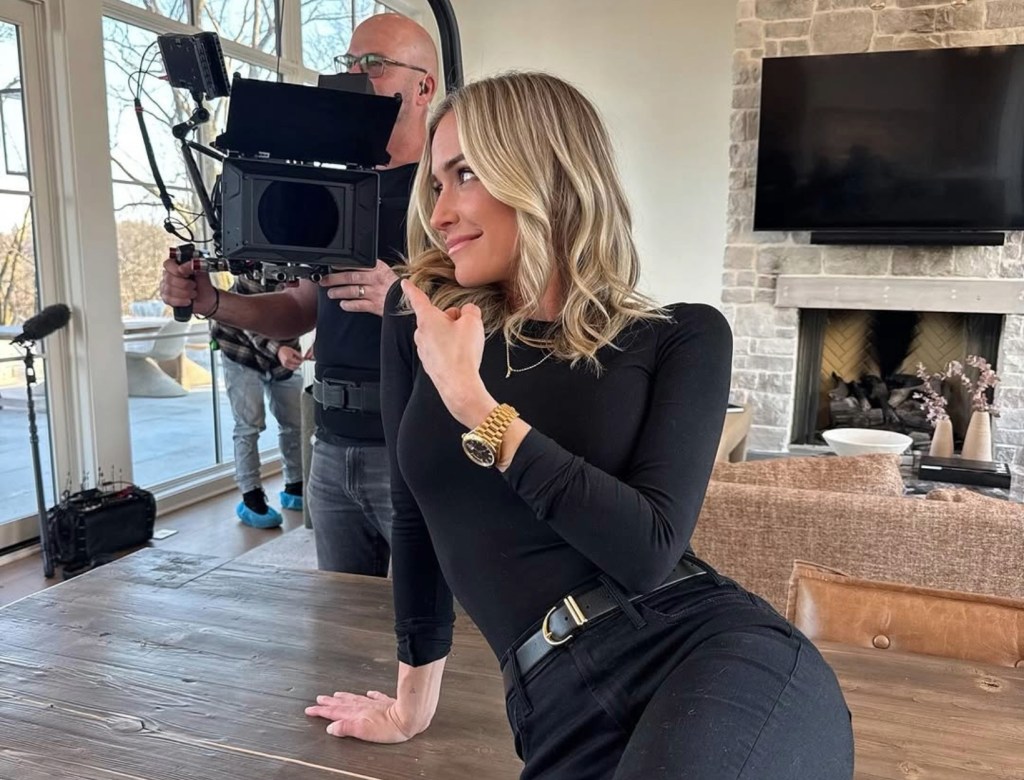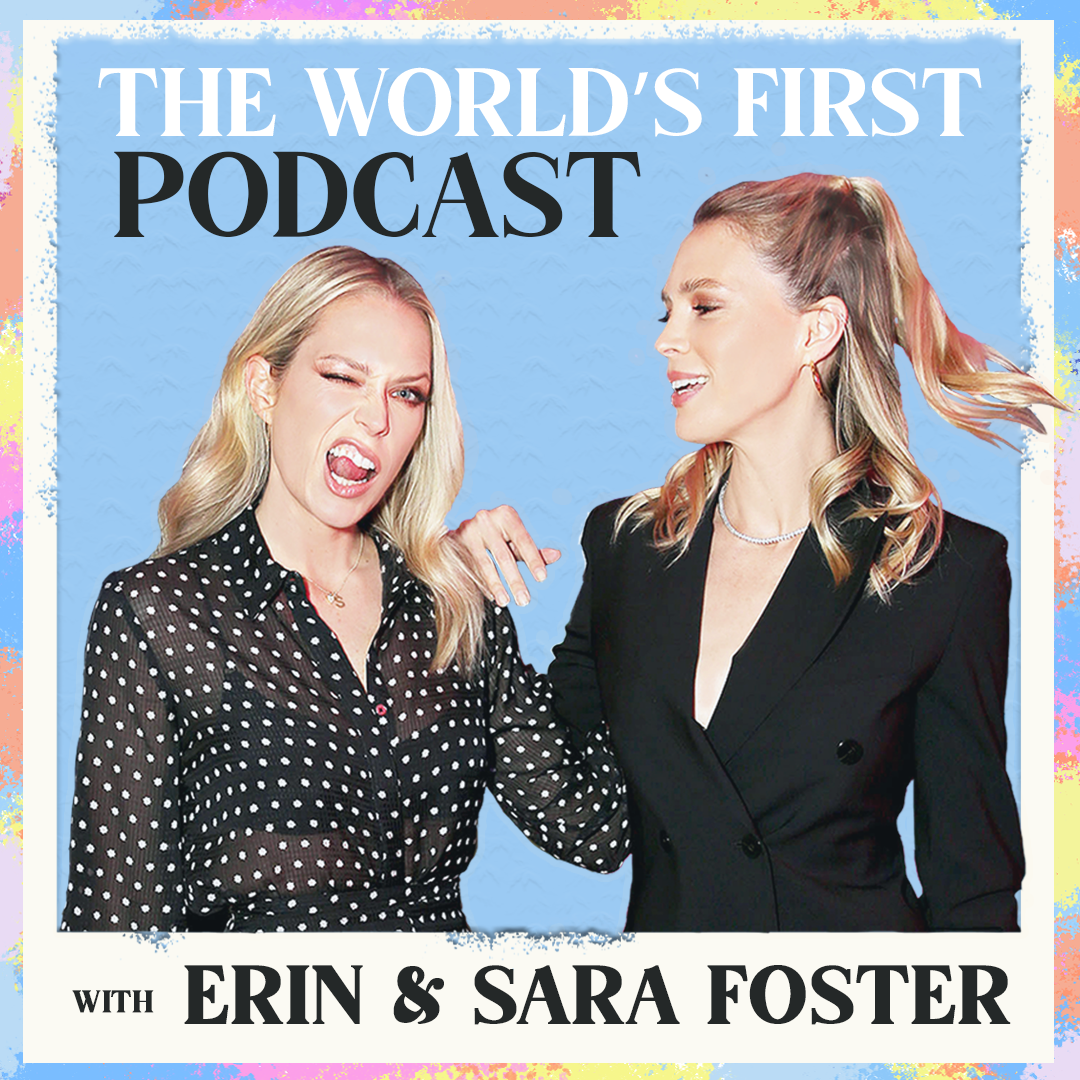The Kardashians Finally Showed Real Grief—and We All Missed It

Grief is messy and bleeds into every part of life, shaping who we become. Khloé Kardashian vividly remembers her dad’s passing and the intense grief years after. Her experience illustrates what many learn: Grief is complex, dynamic, and never on a timeline. While she wishes her father were still alive, Kardashian has found peace and values the lessons his passing taught her. Now, Kardashian sits down with death and grief expert David Kessler on Khloé In Wonder Land to discuss the surprising parts of grief and its layers of sorrow, guilt, and anger.
“I have so much empathy and understanding now when other people are on their journey. With grief, you can find these glimmers of greatness. And I forever have this guardian angel, and things are working out because he’s up there meddling around,” she says.
Kessler has dedicated his life to improving how people experience loss and end of life matters, offering resources to help them in the process. His own mother’s death motivated him to become the person he needed during the loss. ”How to be with the dying, how to be with people in grief, how to talk about it—these are the things I’m teaching people,” he explains.
Khloé Kardashian Interviews David Kessler: Grief Beyond Death
Kardashian’s experience with grief after her dad’s passing
Kardashian was just 19 when her father, Robert Kardashian, died of esophageal cancer in 2013, just six or seven weeks after his diagnosis. “I was in this fog and living life on this autopilot for a while. You don’t have a clue what you are doing, and you’re just navigating as best you can,” she says.
This mental haze is what experts call “grief brain”—when focus, concentration, and memory become impaired while you are mourning.
One aspect that complicated Kardashian’s loss was her dad never using the words “terminal.”
“I don’t think my dad was lying to us, but I don’t think he could accept that it was terminal so he never used those words with us. And I thought if I didn’t see him, it wasn’t real. When he died, I felt guilty for not spending more time with him, but then that guilt turned into anger. So I blamed my dad for not telling me it was terminal.”
Kessler encourages Kardashian to have grace for herself: “You were doing grief right. 19-year-olds don’t know how to do it, and you had a father who did not know how to die. He’s lost, and you’re lost. He was just as much in the dark as you. There’s no dumb in that,” he says.
Modern perspectives on death and loss
The finality of death often makes it a taboo subject. In recent decades, as society has moved away from religion, people have also moved away from the ritual of mourning. In the 1940s, illnesses moved into the hospitals and away from the home. Even on television, death is depicted as this instant process: Someone gets sick, they pass away, people cry, and then they move on—all in a few short episodes.
But grief, Kessler says, is not a linear path: “We have this illusion that grief is this straight arrow to better, better, better, but it really is a big mess. It has a longer shadow than what we see on television.”
One unexpected outcome of the pandemic was bringing loss back into public discourse. “We all had to talk about the loneliness, the isolation, and the collective grief. Finally, it’s being talked about more and more,” he says.
Kessler: Grief isn’t meant to happen in isolation
Everyone grieves differently. Kessler says there is no use in comparison—the goal is to simply talk about it. You can unintentionally isolate people in their grief when you don’t take the time to consider what life is like from their perspective. When someone is grieving, take the time to consider: What is life like in their eyes?
Listening and being present is crucial. “Grief must be witnessed. We need to witness without fixing. Don’t say, ‘Look at the bright side or let me help you get to a better place.’ Instead it says, ‘Let me let you have your experience. I don’t know what it’s like for you, but I’m just going to show up for you and be with you,’” Kessler explains.
Kardashian agrees: “I try to remind the people around me who want to know how to show up for someone in grief—just show up. People have to feel their feelings.”
Beyond death: other forms of grief
Grief extends beyond death. According to Kessler, grief is any change you didn’t want—a breakup, divorce, betrayal, abuse, or a job loss. The goal of grief is to remember with more love than pain, in your own time and way. “In grief, we can bring ourselves back to life. We can find ourselves again,” Kessler says.
Kardashian shares about the grief of her marriage ending with Lamar Odom. She and Kessler dissect a recent scene on season six of The Kardashians where she sits down with her ex husband for the first time in nine years. While viewers criticized Kardashian for being “harsh” to Odom, Kessler disagrees. “That was grief. That’s traumatic grief. You are trying to do repair work with this person who was the love of your life. It was something that went wrong despite your best efforts. I have so much compassion for you both—it’s two horribly wounded people trying to do repair work.”
Moving through the complexities of grief
Grief is a complex, muddled, and layered emotion. There are many colors of grief. It encompasses anger, denial, and guilt. “Many people don’t realize anger is grief. Anger is pain’s bodyguard. The anger shows up first to protect you. When it comes to denial, there is a grace in denial. It paces things out a little slower so we can digest it a little slower. For the guilt, we would always rather feel guilty than helpless. Guilt gives us the illusion of control,” he explains.
You cannot heal what you don’t feel. Kessler encourages people to sit with their grief, talk about it, and write it down. “After any grief, and after we have gone through the hurt and pain in our own time, we have a decision to make. Do we stay or do we swim again? Does this event constrict us or expand us?” Kessler says.
The truth is dealing with loss is not logical, but a matter of the heart. The beauty is that human beings are extremely resilient: Kessler explains, “We continue, and we survive. We are both resilient and fragile.”




















Leave a Reply